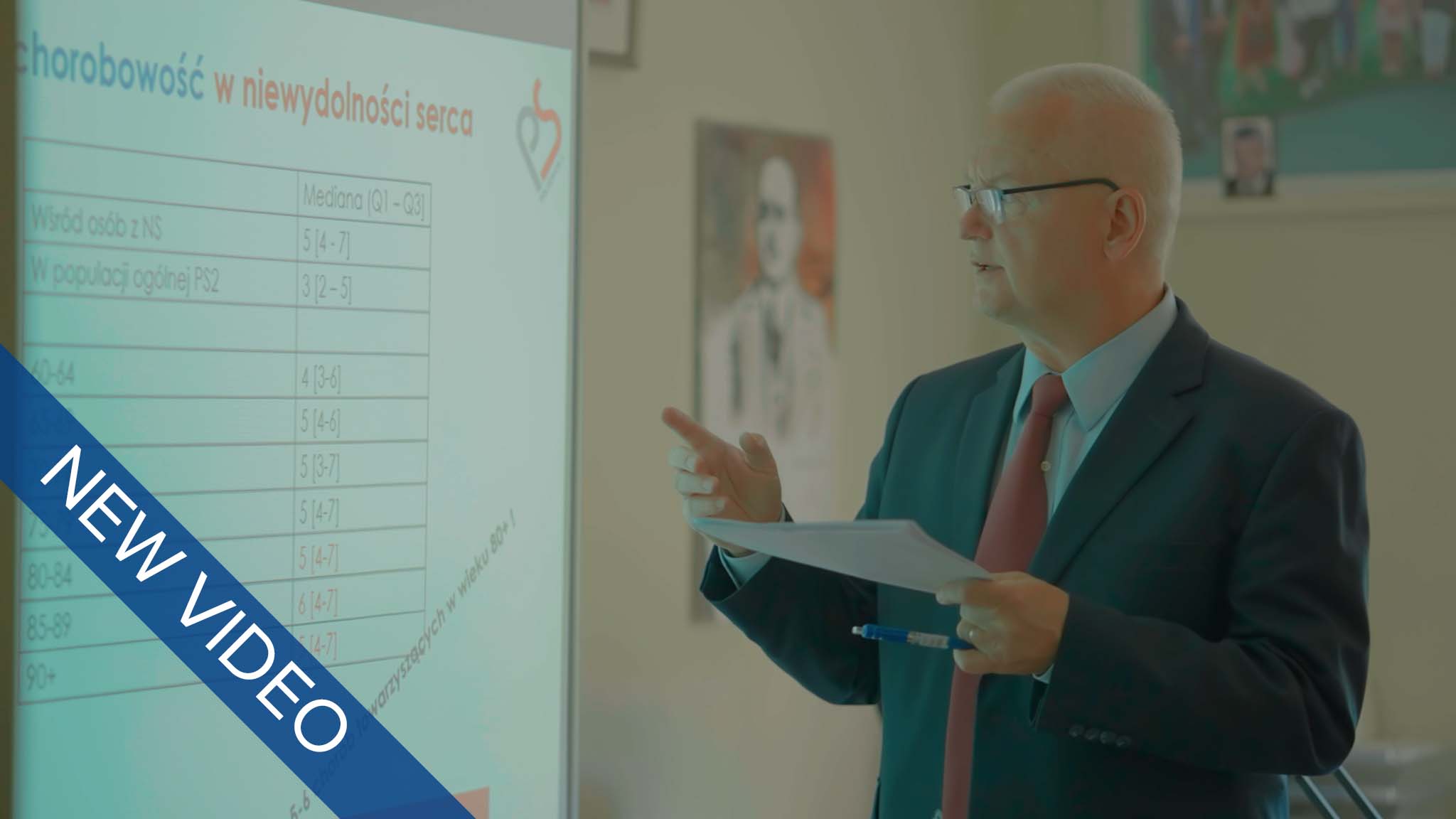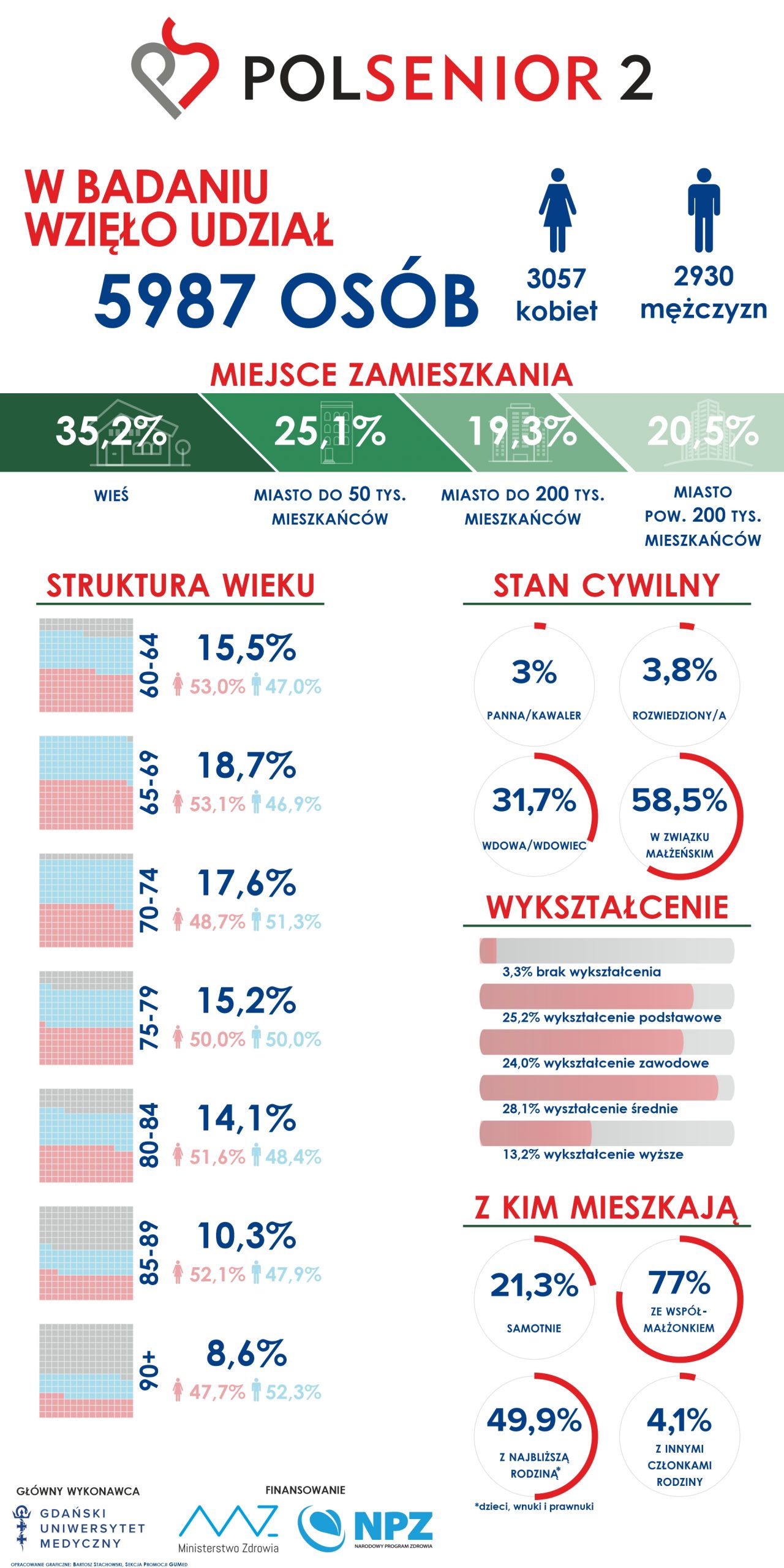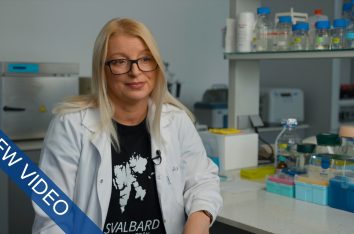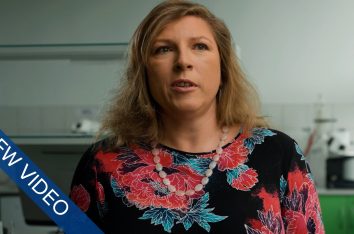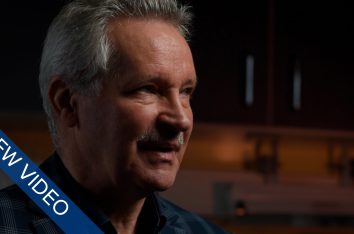What do we know about the health of Polish seniors? About their biggest (not only health) problems? What changes are needed in the context of the inevitable demographic transition? Answers to these questions were sought by a research team led by prof. Tomasz Zdrojewski of the Division of Preventive Medicine and Education of the Medical University of Gdańsk, who completed the largest study on seniors in Poland last year. As part of the PolSenior2 project ‘Research on particular areas of health condition in the elderly, including health-related quality of life’ six thousand Poles aged 60 and above were comprehensively surveyed.
The study looked not only at health condition but also at the socioeconomic situation and quality of life. Its completion involved survey questionnaires, tests and scales included in the Comprehensive Geriatric Assessment, anthropometric and blood pressure measurements and laboratory tests. All this to see the full picture of the respondents’ situation.
Through the comparison with the results of the PolSenior 1 survey conducted 10 years earlier, the main trends and phenomena in the situation of the elderly in Poland were identified. The obtained results will enable a more precise definition of the needs of the present and future seniors as well as the adjustment of the systemic activities of public institutions to the changes that are taking place in the social structure.
The project is chiefly implemented by the Medical University of Gdańsk. The team consisted not only of experienced research workers of the Medical University of Gdańsk, but also experts from other research centres in Poland. A total of nearly 900 people were involved in the project.
The PolSenior 2 project was funded by the Ministry of Health as part of the National Health Program 2016-2020.
